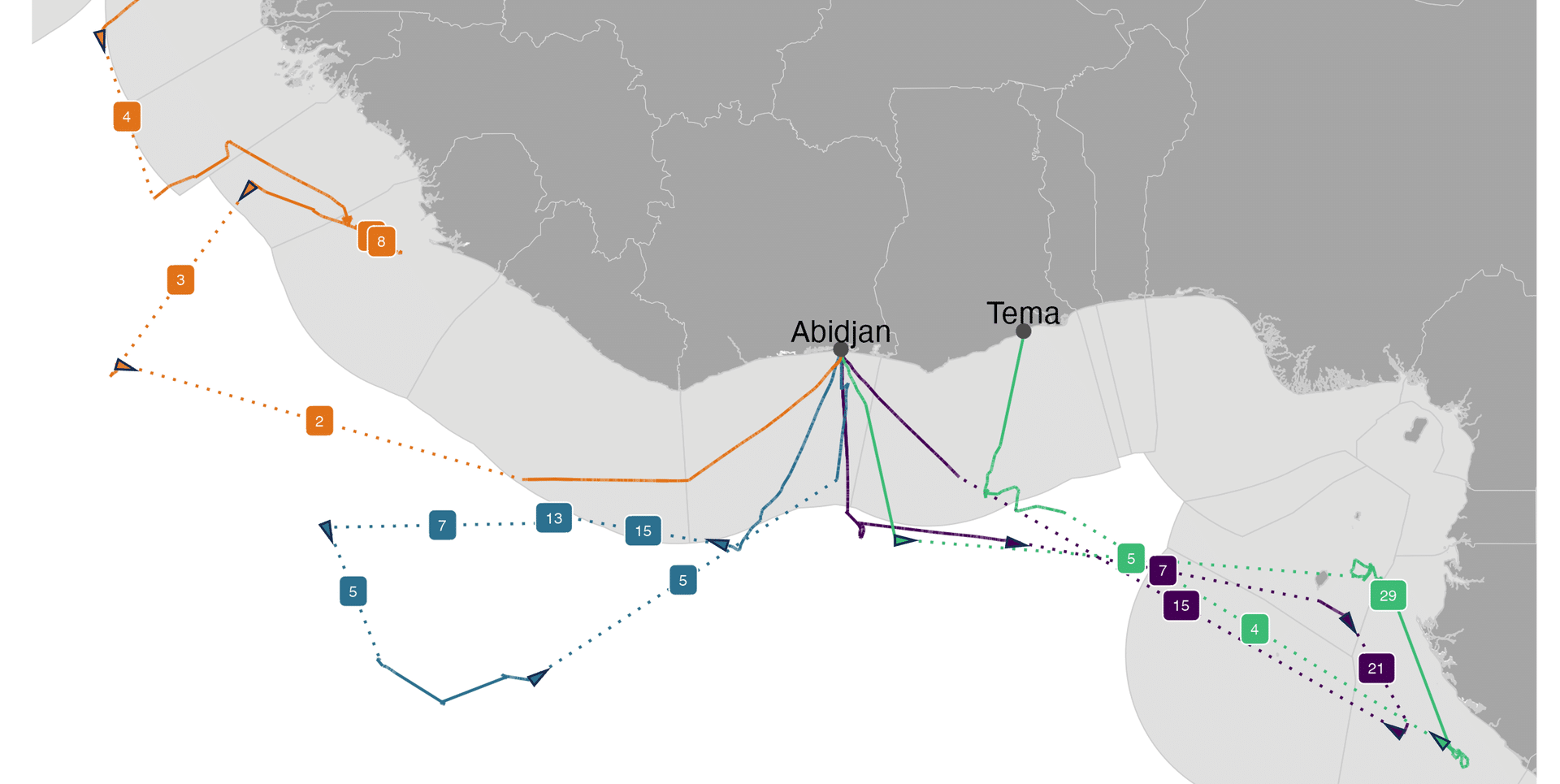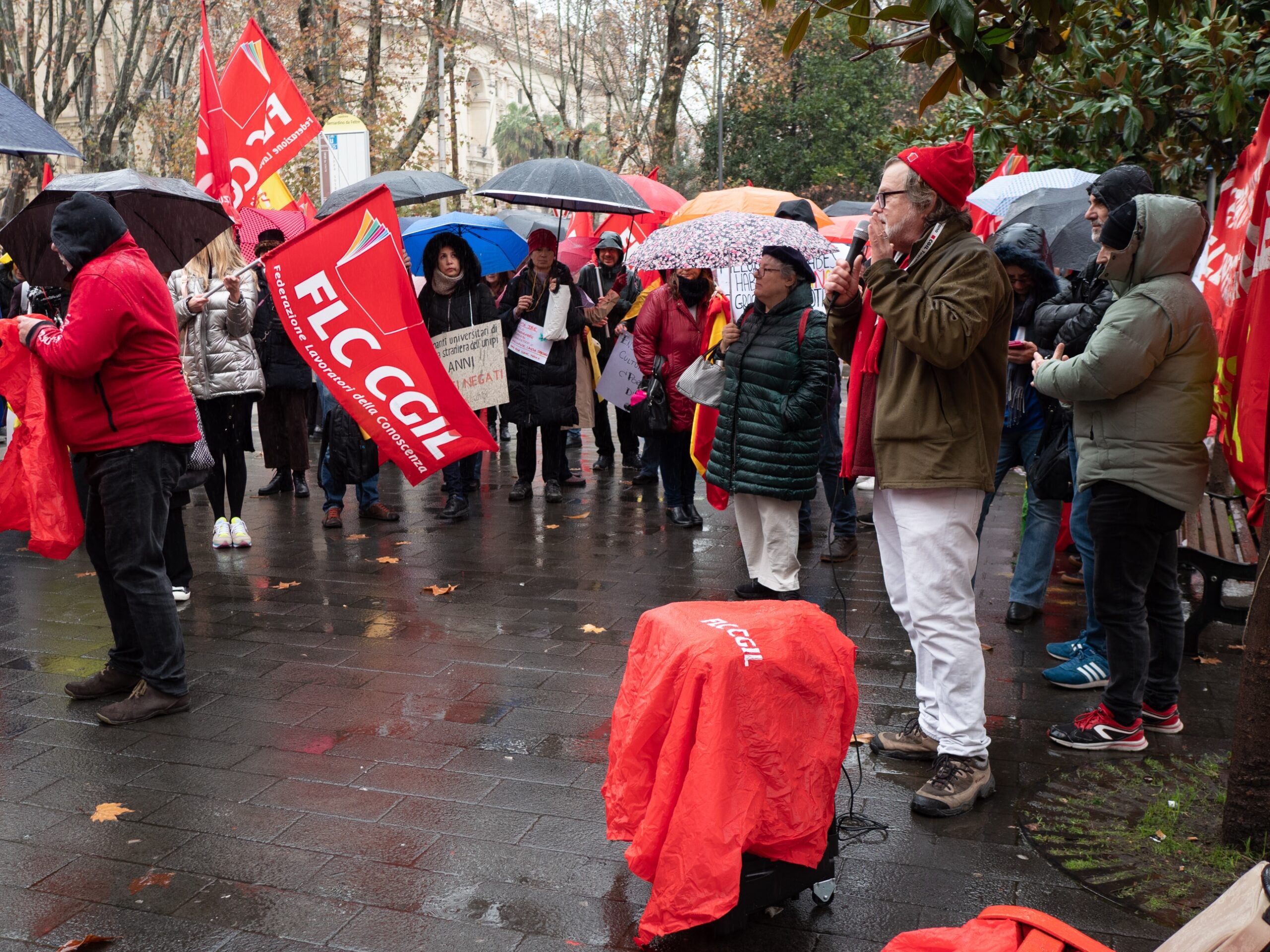The consumption of antidepressants keeps increasing in a world that looks easier for the pill than for finding the actual problem and solving it.
In 2004, the Medicines Agency carried out a study in which it made it clear that the consumption of antidepressants had increased threefold in the world. At that time we still had to suffer a worldwide recession, which was aggravated by the pandemic that the World Health Organisation pulled out from its sleeve and which submerged us all, it seems, in a mental health problem from which it only seems that we will be able to get rid of with permanent medication.
Antidepressants, easy prescription
To stick to Spain and compare data, in 1994 7,285,182 packs of antidepressants were sold in our country, in 1999 (five years later) 14,555,311 and in 2003 21,238,858 packs were prescribed. If we multiply this by the number of pills in each pack, hundreds of millions of pills were put into circulation in the national market without excessive control.
In the year 2021, when we all become mentally ill, more than 50 million packs were put into circulation.
For José Luis Quintana, a family doctor, “the problem is that there is a probable abuse of antidepressants”. Another of the most commonly prescribed medicines are anxiolytics, which are administered by Social Security without us being reliably warned of the possible risks. In many cases, we are even administered both drugs without an assessment of the possible side effects. Today it is clear that our cognitive system is affected and that, especially in people of a certain age, motor functions may even be impaired.
It is not a surprise that already in 2004, Julio Bobes, Professor of Psychiatry at the University of Oviedo happily stated that “the higher degree of continuous training of health personnel has contributed to the early identification of mental disorders and even better management of psychotropic drugs”.
Nowadays you grow a beard, dishevel yourself and go to your GP with a grim look on your face, have a coffee to keep your blood pressure up and tell him some negative story about your life, which need not be true, and you will automatically get a diagnosis of depression, for which you will be prescribed an interesting package for which you should not read the instructions. Perhaps because among the negative effects, it is very likely that it will state that the product can lead to depression. The whiting that bites its own tail means that in the contraindications of the pills that are given for depression, you may find that they carry the same mental illness that you supposedly want to combat.
A few days ago, Alejandro Sanz, a world music star, wrote the following on Twitter, which made the alarm bells loud worldwide:
I’m not well. I don’t know if this helps but I want to say it. I’m sad and tired. In case anyone else thinks you always have to be a sea breeze or a firework on a summer night. I’m working my way through it… I’ll get to the stage…,
Mental health began to be talked about in the news, on talk shows and filled the pages of newspapers and radio programmes on the subject. I too am tired and there are days when I dont feel the sea breeze, nor jellyfish, nor mermaid, and so what?
Being sad has become enough to get drugs (antidepressants)
The pharmaceutical industries have won by a landslide when we confuse a normal state of mind – not every day is the same – with depression or mental illness. Ramón Sánchez Ocaña, one of the best-known science journalists at the beginning of the century, wrote in his book El Universo de las drogas, published by Planeta:
Antidepressants, as their name suggests, are substances designed to combat depression. Normally, their undesired effects are associated with drowsiness, slowing of reflexes, loss of attention, a tendency to put on weight… The problem is that they can be abused to counteract a situation of sadness, or, as has been raised recently, to cope with a difficult situation. Some antidepressants have been referred to as “the shyness pill”. There is a risk, in today’s medicalised society, of believing that one must always be in tune and therefore, if one is not, one can resort to the chemical help of a drug“.
Antidepressants, violence and murders
It was Sánchez Ocaña who wrote the above in 2004. A year earlier, at the end of August 2003, in Spain, Lieutenant Colonel and psychologist Rafael Gil de la Haza, 56, who worked in the psychiatric wing of the San Carlos military hospital in Cadiz, killed his 12-year-old daughter, Ana Gil Cordero, with one shot and then another to kill himself. The only thing everyone articulated to say was “what would go through her head”.
But while he was under the effect of psychotropic treatment, everyone agreed that he had been taciturn for several days, withdrawn into himself and that he loved his daughter in an exaggerated way. Why did all the tools at his disposal fail? Nothing, not even psychiatry is infallible. In fact, I would go so far as to say that it is hardly infallible.
A few days before the lieutenant colonel and psychologist killed his daughter, in Madrid, the Guardia Civil arrested a woman who, according to the EFE agency: …had killed her one-month-old baby in her home in Las Rozas (Madrid), and who had to be taken to a hospital to be treated for the psychiatric disorder she suffers from.
Mainstream media silenced
One of the issues that I miss in this type of news is that there is never any way of knowing clearly what type of psychotropic drugs she is taking and whether there is a link between her consumption and the homicidal ideas that trigger certain tragic events.
To conclude, allow me, in this small approach to the world of antidepressants and their consequences, to echo what José Carrión, Professor of Evolutionary Biology at the University of Murcia (UMU), wrote in November 2017 in the newspaper La Verdad, in a masterful column entitled “La depresión como alarma inteligente” (Depression as an intelligent alarm):
Antidepressants, whose use is based on the idea of altered brain neurochemistry, drive psychiatric intervention, although science has demonstrated their weaknesses. Few people report being cured by antidepressants, which I suppose does not eliminate their goodness under exceptional life-threatening circumstances. But it happens that many people become dependent and, in some cases, they attract unpleasant side effects, even serious illnesses. A single dose of antidepressants can change brain architecture for almost three hours, creating disturbances in our army of neurotransmitters and a physiological cascade that floods everything. Nothing of much interest to the pharmaceutical companies, who, with their thousands of commissioned lobbyists, fund more than 70% of FDA trials, taking control of purchasing, sales, research, publications and media.
And last but not least, filmmaker Robert Manciero, who, with five Emmys from the Academy of Arts, Sciences and Television, decided to reveal in a documentary entitled Prescription: Suicide? the experiences of six children between the ages of 9 and 16 “who, after taking antidepressants, attempted suicide”. A truly surprising documentary, which premiered in 1998 in the United States, the country, along with Spain, that consumes most of these types of pills, does not leave the viewer indifferent.
Bibliography:
Datos medicamentos: el consumo de antidepresivos crece un 40% (rtve.es)
DSalud nº 88 (1998)
ABC 27/12/2004 (Society)
La Opinión de Murcia 27/08/2013 (Sucesos)
El Mundo 01/09/2013 (Chronicle)














